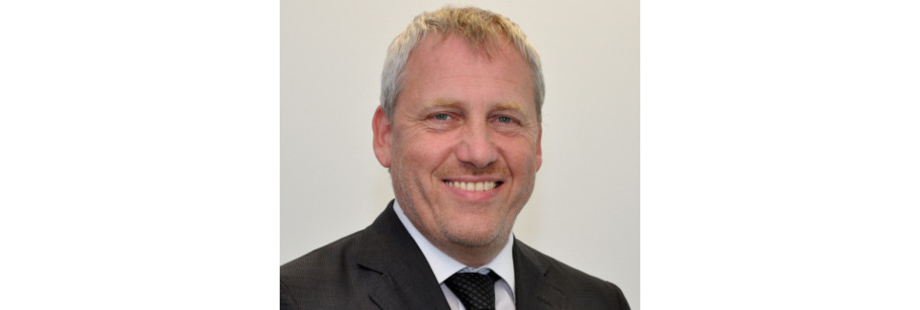After six years as Senior Vice President Sales and Marketing, Luc Grare will leave REC Solar at the end of this month. He intends to pursue new challenges in the renewable energy world. He has already laid the foundation for his next venture by setting up two companies in Belgium.
Antwerp-based company Qway Energy will act as a solar project developer. The company already has a 375 MW PV project portfolio in Kazakhstan. Three of these projects will have each a capacity of 120 MW, Grare told pv magazine. He expects the PPAs for these projects to be signed in June.
After the introduction of a new regulation for PPAs in 2014, large-scale PV projects are eligible to sell power at a price of approximately $0.10 per kWh over a period of 15 years.
The projects will be located in southern Kazakhstan, where solar irradiation is similar to that of southern Italy, Grare explained. Once the PPAs have been secured, the projects will be sold to investors. Grare added that he is already in talks with unspecified buyers.
Popular content
In addition to these larger projects, Qway Energy is also planning several solar installations with a capacity of 5 MW each. These projects are planned to remain in the company’s portfolio. Furthermore, Grare said that he also intends to develop biogas and wind power projects across Kazakhstan.
On the top of this, Luc Grare has founded the company toomuch.energy together with blockchain pioneer Alexander Vasylchenko. The Leuwen-based company is intended to become the “Airbnb for the power sector”, Grare said. The projects of this company, however, are not as concrete as those of Qway Energy. The first pilot projects are planned for Belgium and Austria. Through these projects, businesses producing solar power will not have to sell surplus electricity to the grid, but to other companies through the platform toomuch.energy.
In Belgium Grare and Vasylchenko have already identified a large rooftop PV system, which can’t consume all the power it produces. Current regulations for the transmission of power still provide an obstacle for these kinds of project. Grare expects the EU will issue the related guidelines at the latest in 2019. With these initial projects, however, the company hopes to gain experience and to prepare for a future in which this business model will become profitable.
This content is protected by copyright and may not be reused. If you want to cooperate with us and would like to reuse some of our content, please contact: editors@pv-magazine.com.



By submitting this form you agree to pv magazine using your data for the purposes of publishing your comment.
Your personal data will only be disclosed or otherwise transmitted to third parties for the purposes of spam filtering or if this is necessary for technical maintenance of the website. Any other transfer to third parties will not take place unless this is justified on the basis of applicable data protection regulations or if pv magazine is legally obliged to do so.
You may revoke this consent at any time with effect for the future, in which case your personal data will be deleted immediately. Otherwise, your data will be deleted if pv magazine has processed your request or the purpose of data storage is fulfilled.
Further information on data privacy can be found in our Data Protection Policy.